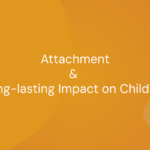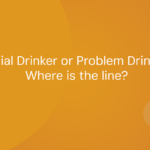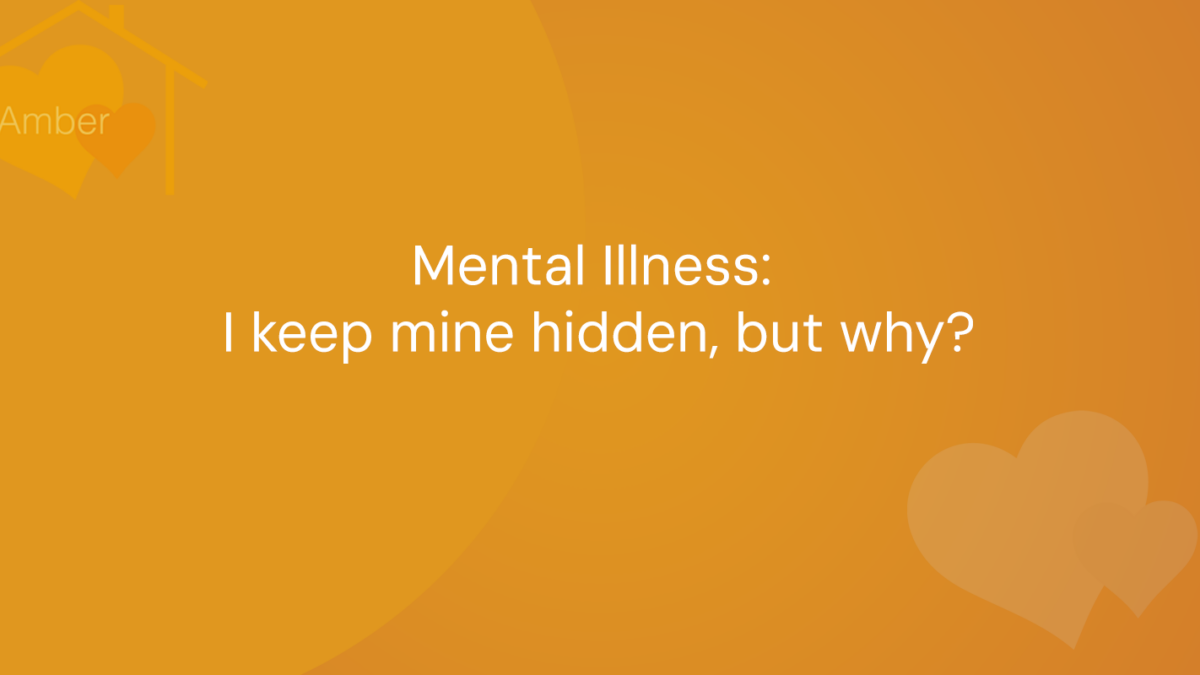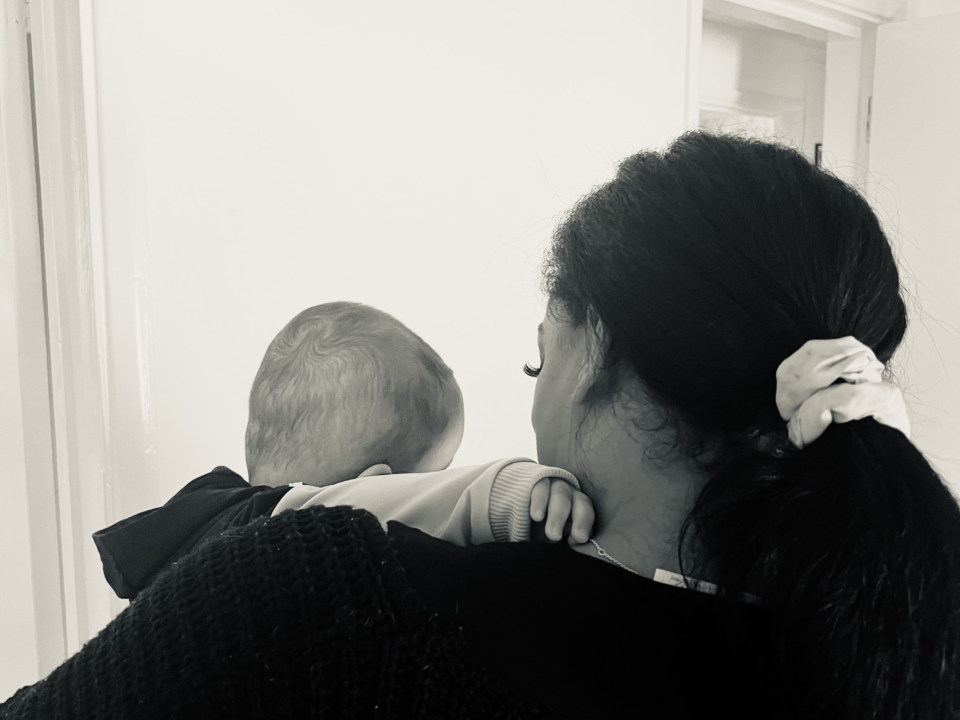
Attachment and the Long-lasting Impact on Children.
01/05/2021
Social Drinker or Problem Drinker: Where is the line?
07/08/2021Anonymous. June 2021.
For most of my life, I have been living with a mental health condition, mixed anxiety and depressive disorder. I have made the personal choice to keep this to myself and not disclose it to others. Although I hope to be brave enough one day to be open and honest about it and not feel the overwhelming shame of having poor mental health.
I am not convinced that I am not alone in this. Research conducted by YouGov on behalf of Mind, the mental health charity, has found that 92 per cent of the British public believe that admitting to a mental illness would damage their career.
My formal diagnosis came in 2005 and I dipped in and out of medication and therapy, but really not taking care of myself at all. Spotting the signs of when the big black cloud was looming, but choosing to ignore it and hope it would go away of its own accord.
I would often lose days, if not weeks of sleep, panicking about my impending doom or relaying conversations I’d had ten years ago and reliving all the scenarios that I could have done differently. I would have reoccurring daydreams of accidents that have never happened, finding danger in the most innocent of things, and almost becoming terrified of leaving the house to avoid harming myself or anyone I care about.
I had chosen not to disclose the diagnosis, and for many years I have hidden the symptoms. They are masked, veiled, and denied by me – because being depressed is incompatible with the identity of someone who considers themselves as strong and supportive.
Sometimes it was an exhausting and alienating task to come to work. To disguise my illness, I tried my best to be the very opposite of what depressed people are. I tried to become the funniest, the smiliest and the most supportive colleague at work. At times, the performance was successful and I felt a fleeting sense of being invincible. However, this feeling would quickly dissolve, and leave me feeling utterly alone, dark and lost. A colleague once said to me that she thought I was the most positive person she had ever met and that everyone enjoyed working with me. I couldn’t say anything to her at that moment. But if I was to speak my truth, it would have been to tell her that I was probably the darkest and saddest of her colleagues at that time. That darkness frightens the hell out of me – so I keep it to myself.
Previously I have felt that the best-case scenario of my disclosing my illness, would be that colleagues will see me as emotionally weak, and the worst-case scenario is that I am unstable or a burden. As a female with depression, I am sure that my experience is quite different from that of a man. The stereotype of the hysterical, screaming, emotionally unstable woman rears its head. There are fears of being an outcast in your own community if word gets out means that it is becoming increasingly impossible to “come out” as depressed.
But since working at Amber Family, I am trying to get better. I have been in talking therapy for 18 months and I started taking antidepressants a few years ago. I did this not only because I wanted to perform better at work, but because I don’t want to be ‘that’ person. The person who has to consider every option, both real and make-believe, before making a decision.
If I had a broken leg, and it meant that walking on it is physically painful and exhausting then nobody would struggle to comprehend this. So why do I, and many other people, feel that they cannot say that some days they just can’t handle the world and I feel emotionally hurt and exhausted?
Although discussions around mental wellness are becoming much more frequent and the stigma is slowly disappearing, I feel the ‘stiff upper lip’ culture is still very prevalent and we have a way to go before the closet depressives like myself will feel confident enough to share their diagnosis with colleagues or friends.
I often envy the parents who come to us and how they engage so well with the services available to them. Our parents are unashamedly being their authentic selves, which makes them so much braver than I could ever be.
Surely there must be more people like me out there. Can anyone relate to this?


